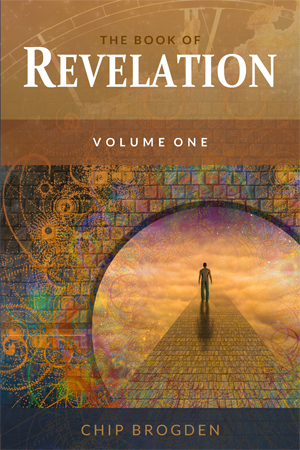When I was about eight years old, a boy in my Sunday school class at St. James United Methodist Church told me that the Bible predicted that the Russians would defeat the United States in World War III. To support this claim, he quoted a verse (allegedly) from the Book of Revelation: “The eagle and the bear will wage war, and the bear will defeat the eagle and rule over the earth.” He couldn’t produce the chapter and verse for this, however; so, being skeptical of a Bible quote without attribution, I read the Book of Revelation straight through, looking for a verse about the bear and the eagle. Of course, I found no search verse.
My little Sunday school friend is hardly alone in anxiously repeating what he had probably heard from an equally anxious (but ill-informed) adult. This experience instilled in me an important lesson at a young age: take nothing that anyone says about the Bible for granted, but study it for yourself and come to your own conclusions. This is especially true when it comes to the Book of Revelation: the most sensationalized, overly-hyped, misquoted, and confusing book in the whole Bible. Part of the reason for this, I believe, is a certain morbid curiosity and fascination with “end of the world” teachings and the understandable desire to know what the future holds.
While I did not understand everything I read in the Book of Revelation the first time through, even as a child I got the general impression that, contrary to the doom and gloom I was expecting, the Book had a happy ending. I came away with the assurance that Good would conquer Evil in the end. That is still my impression, and my assurance to you, today; and although forty years have passed since I first began to read and study the Book, my hope has only increased with the passage of time.
My goal is to help you see the Book of Revelation differently – not as a book of “hype” but as a book of hope; not as a book of destruction, but of restoration; not as a book of fear, but of faith in the goodness and greatness of God, and of the preeminence of Christ, in the last days. The key premise is that God wants to save the world, not destroy it. In the end, He will not only make “all things new” (Rev. 21:5), but “God will wipe away every tear from their eyes; there shall be no more death, nor sorrow, nor crying. There shall be no more pain, for the former things have passed away” (Rev. 21:4). This wonderfully good news tends to get lost in the popular focus on judgment and the mark of the beast, though this has a place. Exactly how God will overcome all this evil and accomplish such a glorious outcome makes this study so interesting.
In this book (the first of two volumes) I pass along to you the things I have seen and heard from the Lord. Yet, I give you the same advice that I followed so many years ago: take nothing I say for granted, but study it for yourself, and come to your own conclusions.
“Amen. Even so, come, Lord Jesus!” (Rev. 22:20b).








